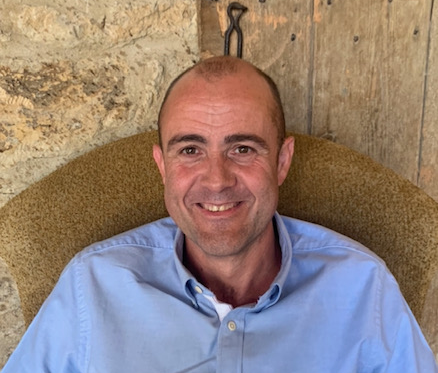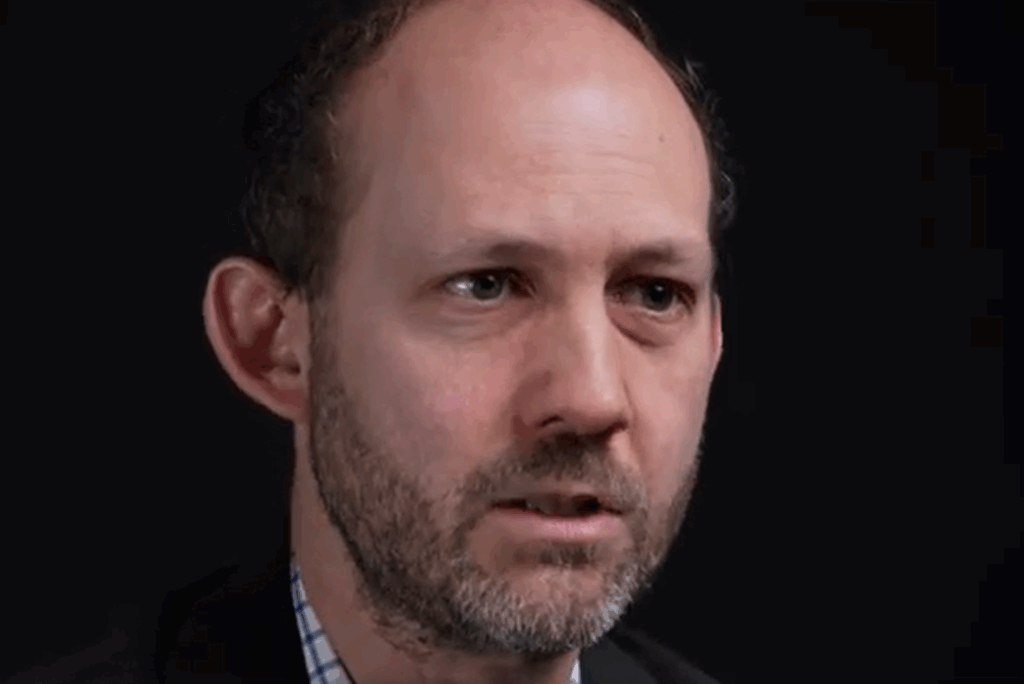Since the WEEE directive was introduced to the UK in July 2007, there have been a number of significant developments and improvements to the system of recycling electronic waste. But, REPIC believes that, despite these significant achievements, the documentary has shown that there is still more work to be done.
We would urge every WEEE collector to question and clearly understand the fate of the WEEE that they hand over to their partner PCSs
Dr Philip Morton, chief executive, REPIC
The Environment Agency is working tirelessly alongside producer compliance scheme (PCS) partners such as REPIC to cut out the core of illegal traders that are unlawfully exporting electronic waste to countries such as Ghana, by lobbying for tighter export requirements and for greater control of the audit trail.
Speaking about the documentary, Dr Morton, comments: “The programme demonstrated the utterly destructive social impact of illegally exporting electronic waste, which results in children as young as five picking over dump sites to extract copper, other metals and plastics from the electronic waste, often exposing them to carcinogenic fumes from burning plastics and a sea of broken glass and metal shards.
The source of this electronic waste comes from unscrupulous dealers that acquire WEEE in the UK and other countries and then send this to places such as Ghana, when it is actually beyond repair and is therefore waste, which is illegal to export and should instead have been sent to an approved treatment site in the UK.
Apart from the illegality and the resultant human tragedy of exporting end-of-life electronic waste, there are also implications for those that disposed of their waste on the understanding that it would be recycled properly and ethically in the UK.
Not only does it have a negative impact on the reputation of the producers whose brand names appear on the items, but also on the councils, government departments, universities, schools and members of the public who trust the companies that collect their WEEE to recycle it responsibly. It also impacts on those genuine reuse organisations legally providing badly-needed working equipment to developing countries.
What is certain is that neither the producers, who own the brands, nor the discarding organisation or person want their end-of-life products shipped abroad. The way the UK system is currently structured means that it is often difficult for the funding producer organisations to physically gain access to the electronic waste in the correct quantity and thereby provide a sound audit trail for its disposal.
Clearly, where several parties (intermediaries) are involved in the recycling chain, the audit trail becomes longer and potentially less clear, and the risk of leakage and the illegal export of WEEE can increase.
Audit trail
However, where there is a direct relationship between those collecting WEEE such as a local authority or waste company operating their sites, or a retailer and a PCS that actually needs and directly finances the WEEE for its members' obligations, the audit trail is far shorter, enhancing the security of the recycling process. This makes it easier to know where WEEE comes from, where it goes to and who pays for its treatment. It is a short, closed loop, transparent audit trail.
This simple, fundamental evolution of the UK system is already happening and will make a world of difference, but it needs to happen faster and so direct relationships are something that REPIC avidly supports. Our current local authority, waste company and treatment partners are excellent and we need more like them. REPIC's producer members also want more WEEE to be captured in the UK; if more is collected, less has the chance to leak to illegal export, and everyone benefits.
The BBC 3 programme didn't just highlight the extreme circumstances that result from misuse of the WEEE system, but showed that there are also positives to be taken from it.
Firstly, the Environment Agency is making significant progress in clamping down on illegal exporters and traders of WEEE, and the programme has alerted a vast audience as to why its work is so crucial.
Secondly, and equally importantly, REPIC believes the documentary demonstrated that there is a viable, long term solution to the problem: local authorities, waste companies and retailers switching to a short, visible audit trail by dealing directly with a producer compliance scheme that requires their WEEE and we would urge every WEEE collector to question and clearly understand the fate of the WEEE that they hand over to their partner PCSs.
The 'Blood, Sweat and Luxuries – Gold and E-Waste' programme can be viewed on the BBC's iplayer here: http://www.bbc.co.uk/iplayer/episode/b00sch78/Blood_Sweat_and_Luxuries_Gold_and_Ewaste/







Subscribe for free